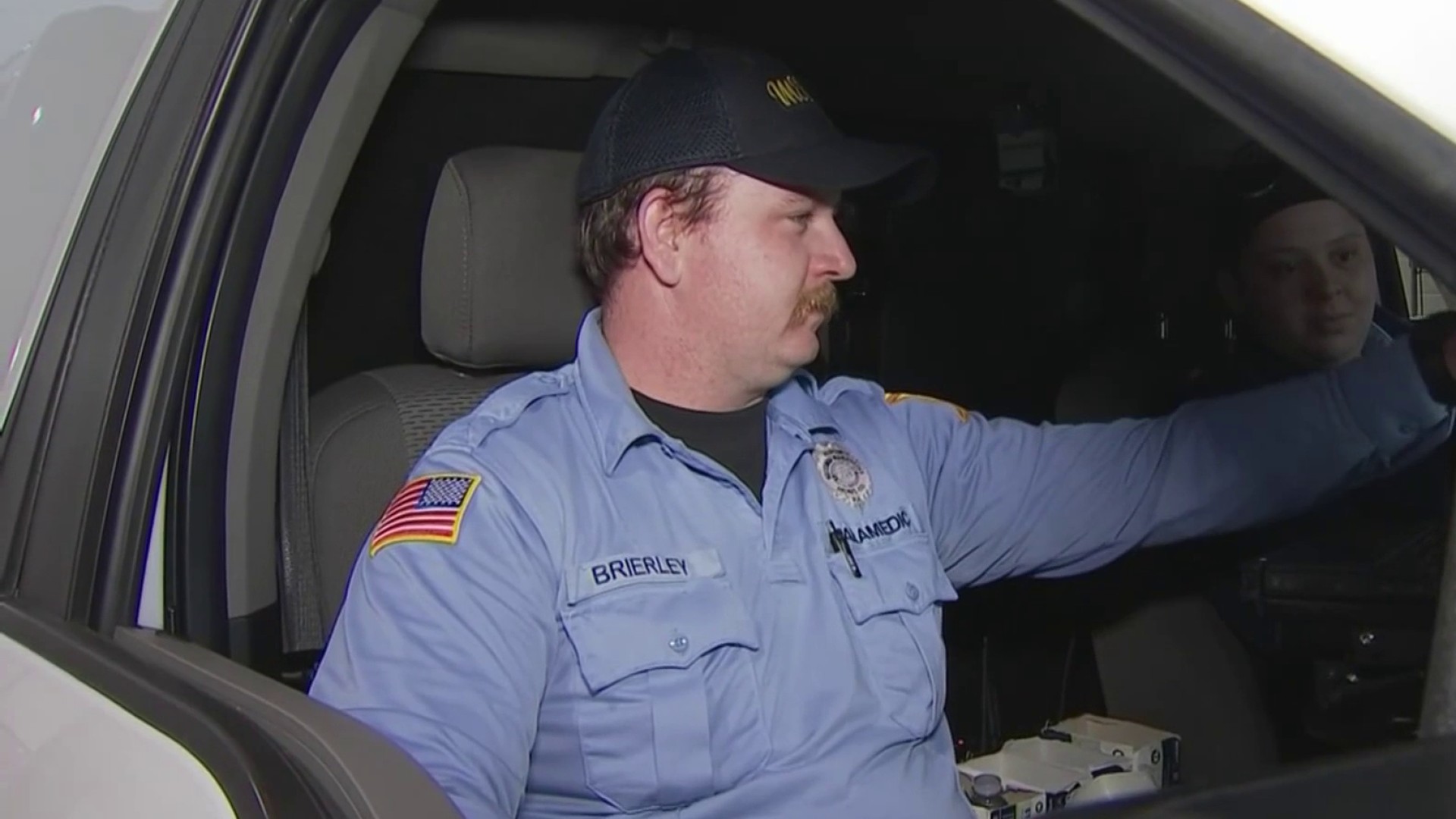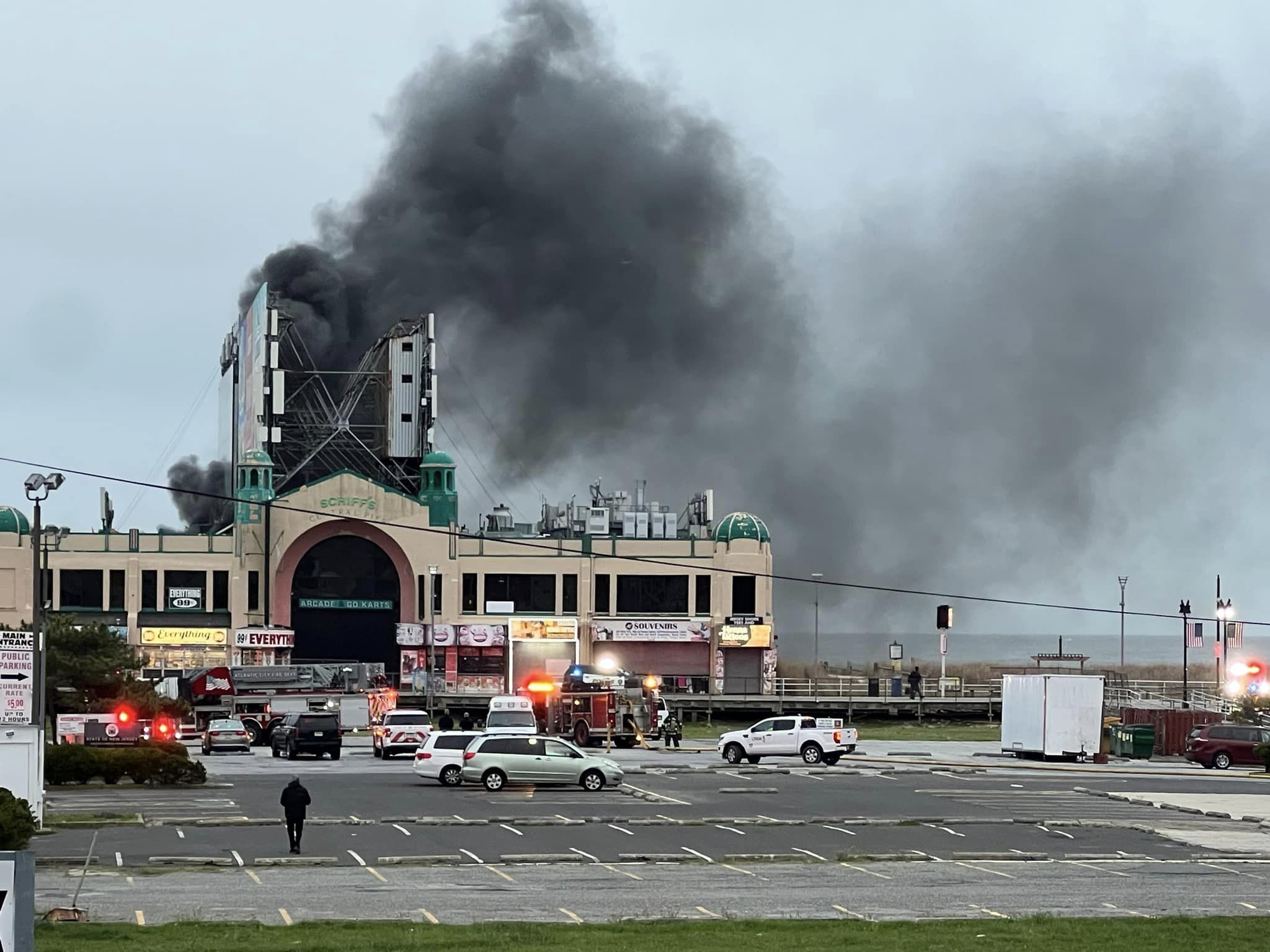
As of Friday, Delaware is reporting 38 cases of the new coronavirus, leading to more closures in the First State.
Delaware's legislature is shut down until further notice future because of the outbreak, but the state's restaurant industry is toasting the governor's modification to restrictions on operations.
Democratic leaders of the House and Senate said Wednesday that the legislative session is indefinitely postponed as officials continue to assess the extent of Delaware's exposure to the global pandemic.
House Speaker Pete Schwartzkopf and Senate President Sen. David McBride also said they are making plans in the event lawmakers must reconvene to pass legislation to address the effects of the virus. Plans are also being discussed regarding the legislature's constitutional obligation to pass an operating budget by June 30.
Get Philly local news, weather forecasts, sports and entertainment stories to your inbox. Sign up for NBC Philadelphia newsletters.
Delaware's Supreme Court announced Wednesday that it was canceling all oral arguments that had been scheduled through the end of May.
Meanwhile, Gov. John Carney issued a second modification to his emergency declaration of last week to allow alcohol sales as part of restaurant takeout and drive-thru services, while prohibiting delivery sales of alcohol. On Monday, the administration suspended all on-premise alcohol sales as it restricted restaurant operations to take-out, drive-thru and delivery.
"It was kind of a kick in the gut to my guys," said Delaware Restaurant Association President Carrie Leishman, noting that alcohol sales are a key profit driver for the industry.
Local
Breaking news and the stories that matter to your neighborhood.
After two conference calls with restaurant industry officials Tuesday, Carney eased the ban on alcohol sales on Wednesday. The modification allows any restaurant, brewpub, tavern or taproom with a valid on-premise license to sell alcoholic beverages as part of takeout, delivery or drive-thru food service. Alcohol sales cannot exceed 40 percent of the total sales transaction, and alcoholic beverages cannot be consumed on-site, either indoors or outdoors.
"It's a really good thing," Leishman said. "We are desperate for anything that will help the restaurants to stay alive."
At the same time, Wednesday's revision to the emergency declaration also requires the closure of bowling alleys, movie theaters, fitness centers and health spas, effective Thursday morning. Casinos were ordered closed earlier this week, and public gatherings of 50 or more people are banned for at least eight weeks.
"We know our small business and restaurant communities are among those most seriously impacted by the restrictions put in place to limit the spread of the coronavirus, and we're looking at ways to assist them," Carney said in a statement. "But our priority is the health and safety of Delawareans, and limiting the number of Delawareans who come in contact with this virus."
Meanwhile, the number of virus cases in Delaware rose to 26 on Wednesday, more than triple the number of cases at the start of the week. Three people are hospitalized, and one is critically ill.
In an effort to provide relief to businesses affected by government restrictions imposed because of the virus, Carney announced a loan program for restaurants, bars and other hospitality industry businesses. The no-interest loans are capped at $10,000 per business per month. The money can be used to pay rent, utilities and other unavoidable bills but cannot be used for personnel costs. The loans have a 10-year term, with payments deferred for nine months.
Eligible businesses must have been in operation for at least a year, have annual revenue below $1.5 million and be in designated hospitality-connected industries.
State officials also have eased rules for unemployment benefits in an effort to help the hospitality industry. The changes include allowing part-time income while collecting benefits as long as employees can demonstrate their decreased hours and earnings, and not classifying tipped employees as minimum-wage earners as long as their tips are reported as wages.
For most people, the virus causes only mild or moderate symptoms, such as fever and cough. For some, especially older adults and people with existing health problems, it can cause more severe illness, including pneumonia. The vast majority of victims recover.
___
The Associated Press receives support for health and science coverage from the Howard Hughes Medical Institute’s Department of Science Education. The AP is solely responsible for all content.
___
Follow AP coverage of the virus outbreak at https://apnews.com/VirusOutbreak and https://apnews.com/UnderstandingtheOutbreak.



